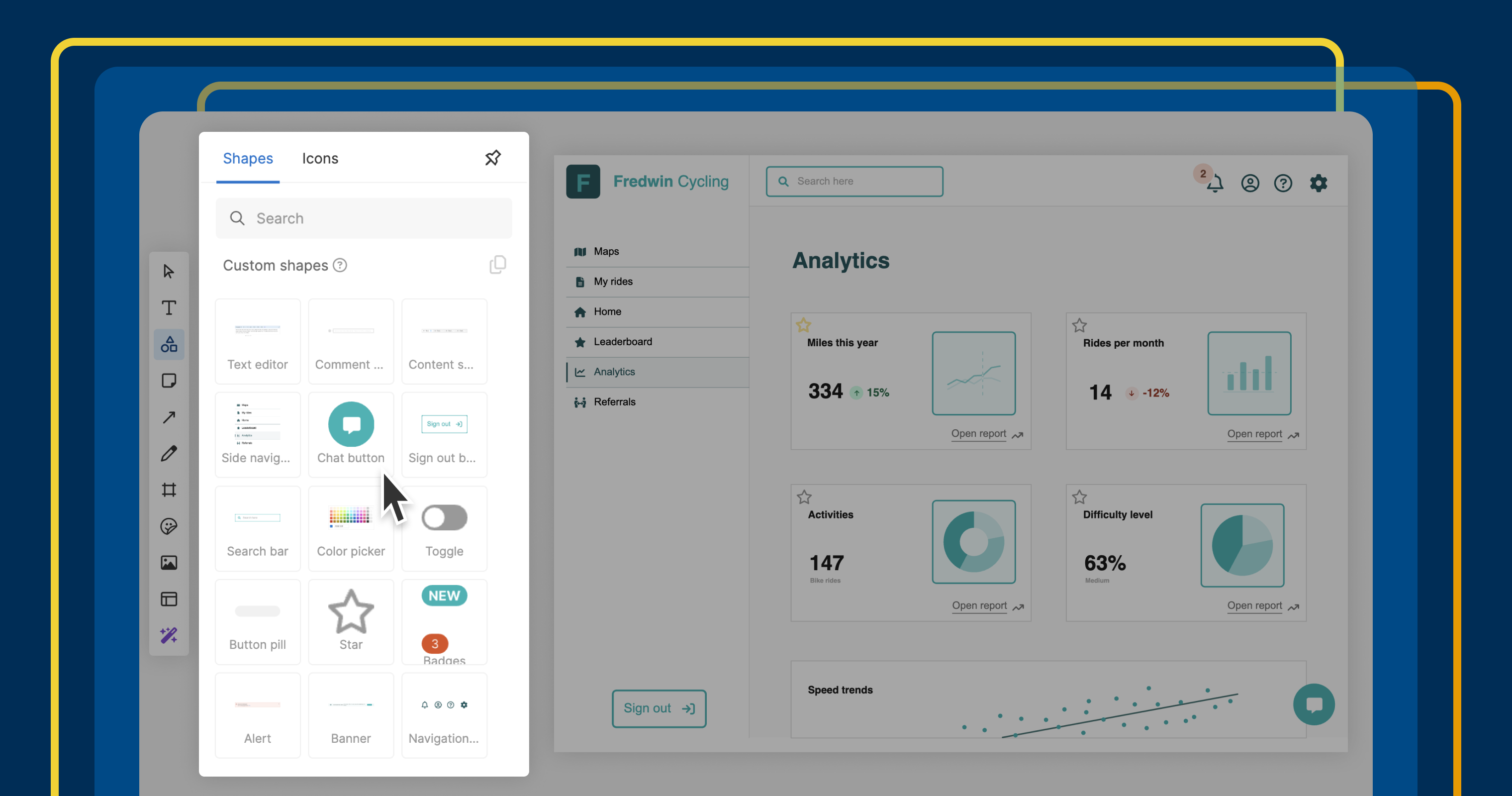Certifications vs. College Degrees: Which One Wins in 2025?
Discover whether certifications or college degrees offer better career value in 2025. Explore trends, benefits, and expert insights to choose the right path for your success.

In the evolving landscape of education and employment, the debate between certifications and college degrees has intensified. As we navigate through 2025, it's crucial to assess which educational path offers more value in terms of career advancement, financial investment, and adaptability to the modern job market.
The Shift Towards Skills-Based Hiring
Traditionally, a college degree was seen as a prerequisite for securing well-paying jobs. However, recent trends indicate a significant shift towards skills-based hiring. Companies like Google, IBM, and Apple have removed degree requirements for many positions, emphasizing practical skills and competencies over formal education credentials.
A Forbes report highlights that 90% of companies have found better hires when focusing on skills rather than degrees, with 94% noting that skills-based hires outperform those selected based on degrees or years of experience.
Advantages of Certifications
-
Cost-Effective and Time-Efficient: Certifications often require less time and financial investment compared to traditional degrees. Many programs can be completed in a few months, allowing individuals to enter the workforce sooner.
-
Industry-Relevant Skills: Certifications focus on specific skills that are immediately applicable in the workplace. This targeted approach ensures that learners are equipped with the tools needed to excel in their chosen fields.
-
Flexibility: Online certification programs offer flexibility, enabling learners to balance their studies with other commitments.
-
Stackable Credentials: Many certifications can be stacked or combined to build a comprehensive skill set, providing pathways for continuous learning and career advancement.
The Enduring Value of College Degrees
While certifications offer numerous benefits, college degrees still hold value in certain contexts:
-
Comprehensive Education: Degrees provide a broad educational foundation, fostering critical thinking, problem-solving, and communication skills.
-
Access to Certain Professions: Fields such as medicine, law, and academia often require formal degrees and licensure.
-
Long-Term Career Growth: Some studies suggest that, over a lifetime, individuals with bachelor's degrees may earn more than those without.
However, it's essential to note that the return on investment for degrees varies significantly based on the field of study and the individual's career path.
Current Trends and Data
-
Decline in Degree Completions: The number of students earning college degrees has decreased for two consecutive years, while certificate program completions have risen.
-
Employer Preferences: A growing number of employers prioritize skills and practical experience over formal education. LinkedIn data shows a 14.2% increase in job postings without degree requirements from 2021 to 2024.
-
Rising Student Debt: The escalating cost of higher education has led many to reconsider the value of traditional degrees, especially when alternative pathways offer quicker and more affordable routes to employment.
Making the Right Choice
The decision between pursuing a certification or a college degree depends on various factors, including career goals, financial resources, and the specific industry.
-
Opt for Certifications If:
-
You're seeking to enter the workforce quickly.
-
You aim to acquire specific skills for a particular job.
-
You're looking for a cost-effective educational option.
-
-
Opt for a College Degree If:
-
Your desired profession mandates a formal degree.
-
You're interested in a comprehensive educational experience.
-
You're aiming for long-term academic pursuits or research roles.
-
For those considering certifications, Web-Based Practice Tests offers a range of programs designed to equip learners with the skills needed to thrive in today's competitive job market.


























































































































![Are AI Chatbots Replacing Search Engines? AI vs Google [New Research]](https://www.orbitmedia.com/wp-content/uploads/2025/05/How-often-are-we-using-AI-chatbots_.webp)
































